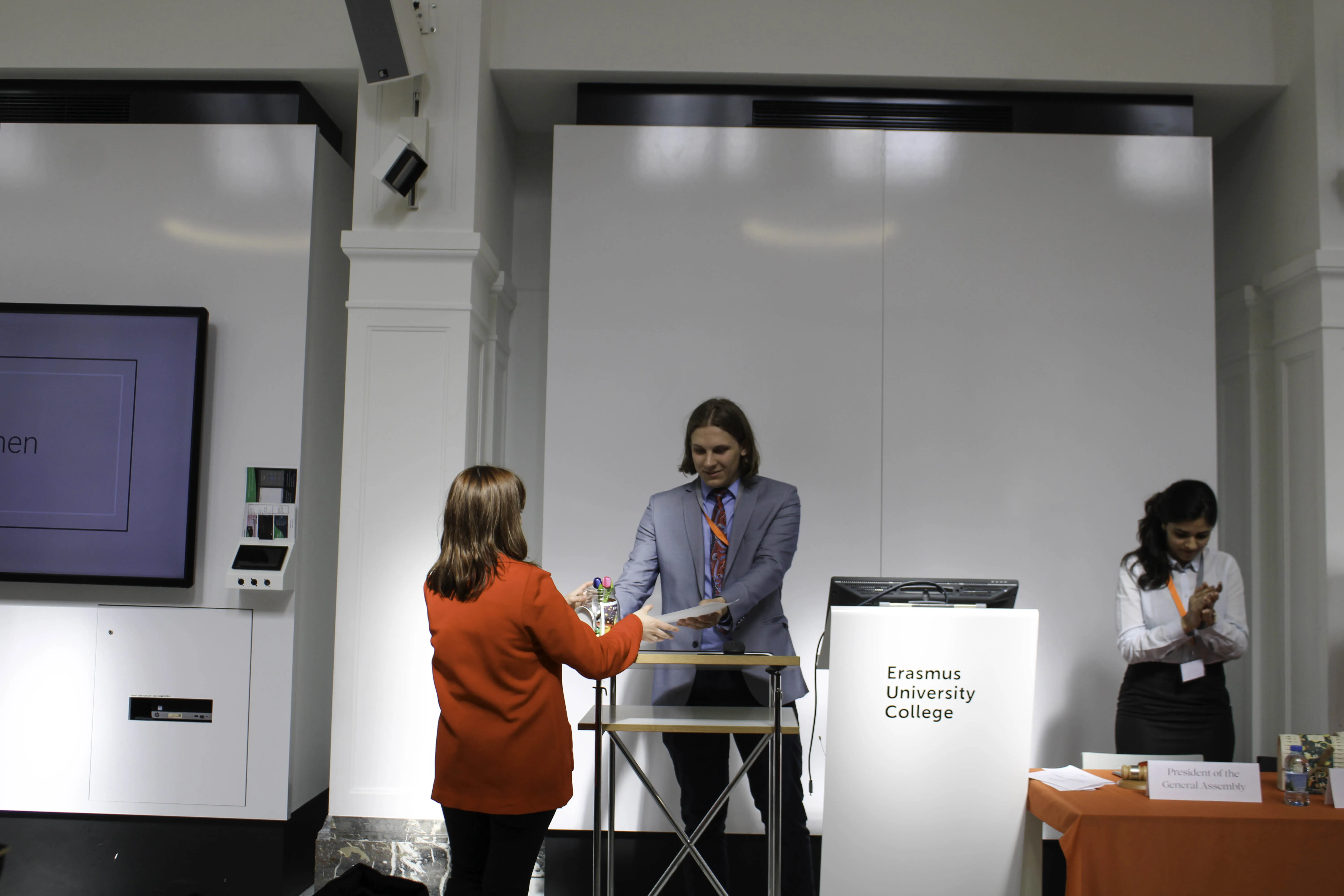So much for diplomacy; let the international games begin
Top skills that you should have in a MUN

Maybe this is the most random article you will read or might help you to improve those soft skills for your next conference. It might come as a surprise, but I am taking a course called Diplomacy and Global Politics, and the other day, I got a 3-hour lecture about how a diplomat should behave and which skills are essential to do your duty correctly.
One of the most crucial skills my professor emphasized was empathy. While diplomacy aims to persuade others to maintain or change policies and behaviours, it's equally important to understand their interests, limits, and aspirations. This understanding, rooted in empathy, is what guides the best strategies in real-world diplomatic situations.
Understanding your counterpart's interests and aspirations, as well as their cultural and historical underpinnings, is not just important, it's essential. A diplomat who knows the regional dynamics. But a diplomat must also understand how the domestic politics in their own country have shaped their interests as they pertain to the upcoming negotiations and how that might influence the negotiating strategy.
There are many public speaking tips for future (MUN) diplomats. First, you don't need to be an expert on the topic, but you should be comfortable talking about it without a script. Practice makes perfect, so practice your pre-made speeches again and again, especially the opening speech. Also, speak clearly about your objectives and your bottom lines. Finally, it is important to know your audience; what do the rest of the delegations present here expect me to say? Should I say something cutting-edge? - keep all these things in mind.
Diplomats aim to persuade foreign leaders to support their government's policies, even if they disagree with them. Their role is to advocate for their nation's interests while respecting the sovereignty and stability of the host country. Acting against the host country's interests would damage relations and undermine their diplomatic mission. Regarding MUN, I advise you not to ally with countries that, in reality, your delegation will not do.
Finally, It is good to know that a genuinely successful diplomatic negotiation solves an immediate problem and ensures that the state or relations with the other side will serve one´s interest in the long run.
Whether you're the next notable diplomat or just trying to survive your MUN, remember: It's all about the art of balancing interests. After all, when words fail, there's always the power pose during coffee breaks. So, put your best suit, channel your inner diplomat, and may your speeches be as sharp as your comebacks. And if all else fails, well... at least there's always the after-party!
 Beatriz Santos Mayo
Beatriz Santos Mayo